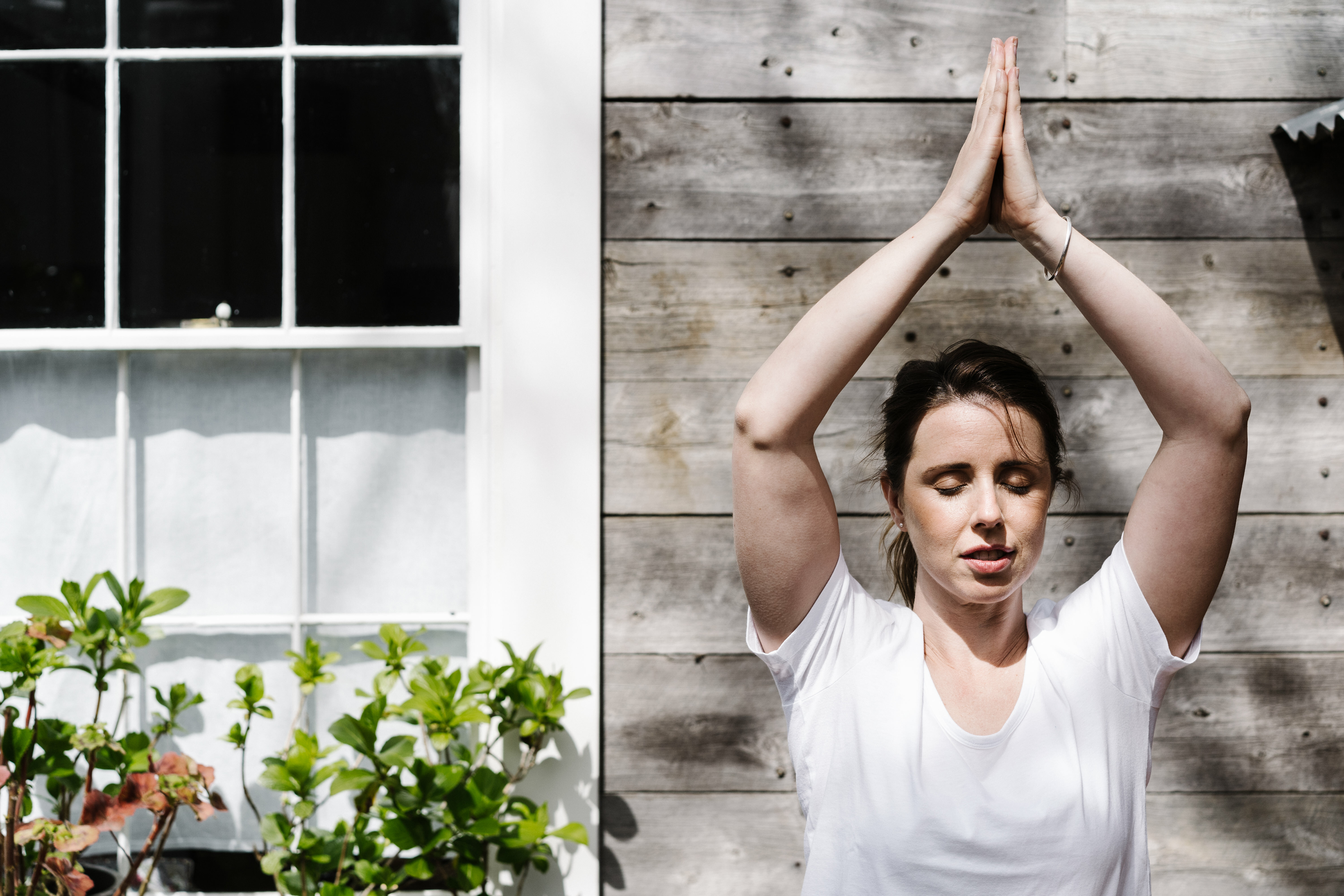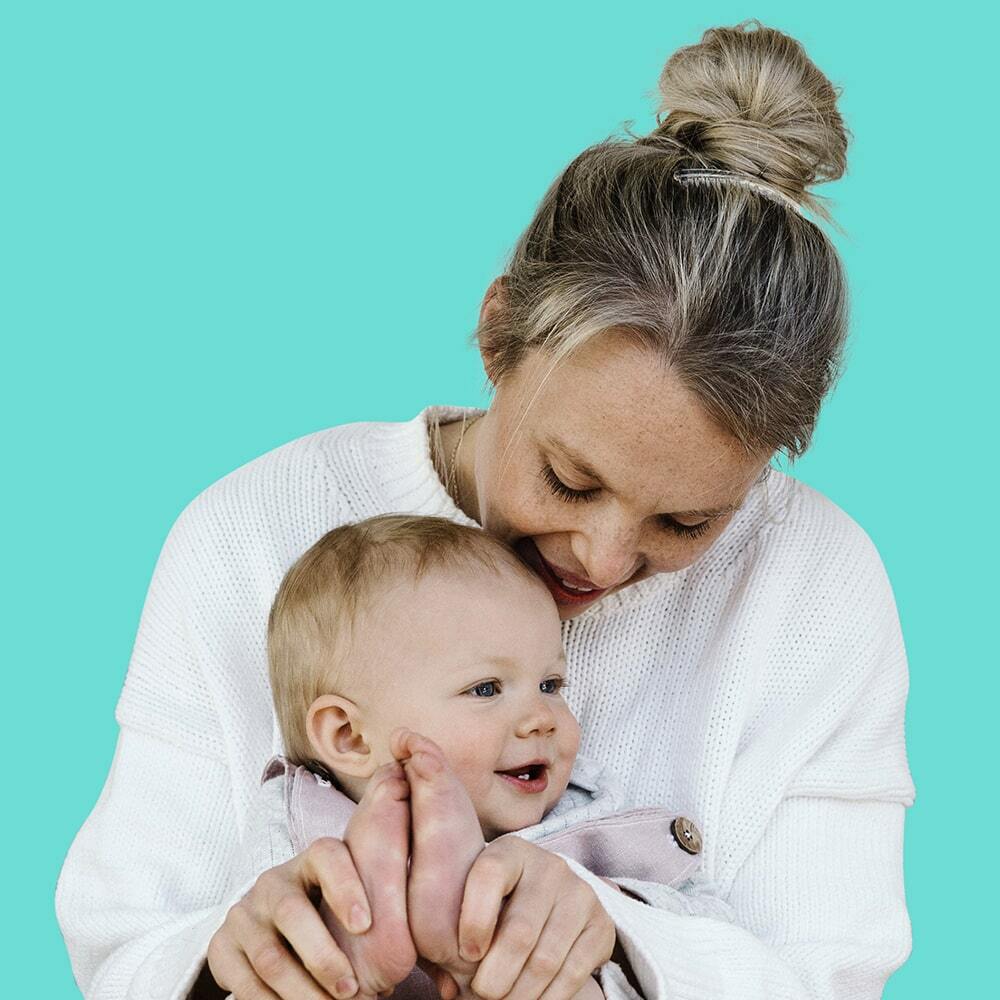A beginner's guide to meditation

What is meditation?
While meditation was originally created as one of the practices in ancient India’s natural healthcare system called Ayurveda (Science of Life), the Meditation Association of Australia suggests that ‘meditation’ is now an umbrella term for a range of practices designed to cultivate a calm, concentrated and absorbed state of mind.
Different experts around the world define the purpose of meditation differently, often depending on their own intention of the practice. For some, it brings them closer to a higher being and an opening of the spirit. For others, it’s a way of connecting with oneself and transforming the mind from within.
Whatever your purpose, experts agree it’s possible to experience a myriad of physiological and psychological benefits, such as reduced stress and anxiety, if you can find the right kind of practice for you.
Benefits of meditation
Meditation can have positive effects on your mental health by reducing levels of stress and anxiety, increasing self-confidence and an increased ability to focus on the present moment.
It may also help manage the symptoms of:
- Depression
- Anxiety
- Heart disease
- High blood pressure
- Chronic pain
- Sleep problems
How do I begin?
In our busy lives, it’s likely that nothing sounds more difficult than finding an hour to sit down and think of absolutely nothing. The good news is that meditation doesn’t need to take more than just a few minutes, and many forms of the practice welcome wandering thoughts and actually encourage you to keep thinking. The best way to get started with meditation is to do a little bit of research about what might be the best type of meditation for you.
Two meditation techniques recommended by experts for beginners are called concentration meditation and mindfulness meditation.
Concentration meditation
Concentration meditation involves focusing your mind on a certain aspect of your practice, such as your breath, repeating a single mantra or on something like a flickering flame. The aim of concentration meditation is to provide the mind with a moment of peace away from the chaos of everyday life.
Mindfulness meditation
Mindfulness meditation actually has the opposite intent of what many people assume meditation to have. Rather than trying to ‘take a break’ from your own mind, it encourages you to observe your wandering thoughts, taking mental notes of your floating thoughts without judgement. Practitioners suggest that the aim of mindfulness meditation, through time and practice, is to learn to observe your thought patterns as one whole, developing a sense of inner balance and an awareness of the human tendency to quickly categorise our own thoughts as simply good or bad.
You might find that a combination of meditation techniques works for you. Or, you may even find that making slight alterations to the general advice suits your needs better, such as moving around while maintaining self-awareness rather than sitting still – do what makes you comfortable.
Guided meditation resources
There are many guided meditation apps and videos available to help you practice meditation. Some of our favourites are below:
Meditation and fertility
The journey towards having a child isn’t always easy. Even people who fall pregnant without assistance often experience periods of waiting and anxiety.
Allowing yourself a few minutes each day to sit and meditate gives you the opportunity to observe your thoughts, focus your mind and look towards your goals. With practice, you will likely find your stresses decrease while your self-compassion increases, creating a space where you can welcome new challenges, focus on the positive and be thankful for the amazing work your body does.
References
Meditation Association of Australia, http://meditationaustralia.org...
Better Health, https://www.betterhealth.vic.g...
Health Direct, https://www.healthdirect.gov.a...

Start your fertility journey
Wherever you are on your journey, one of our supportive nurse enquiry team members can help you understand your options and take the next step. These conversations are free and informative.